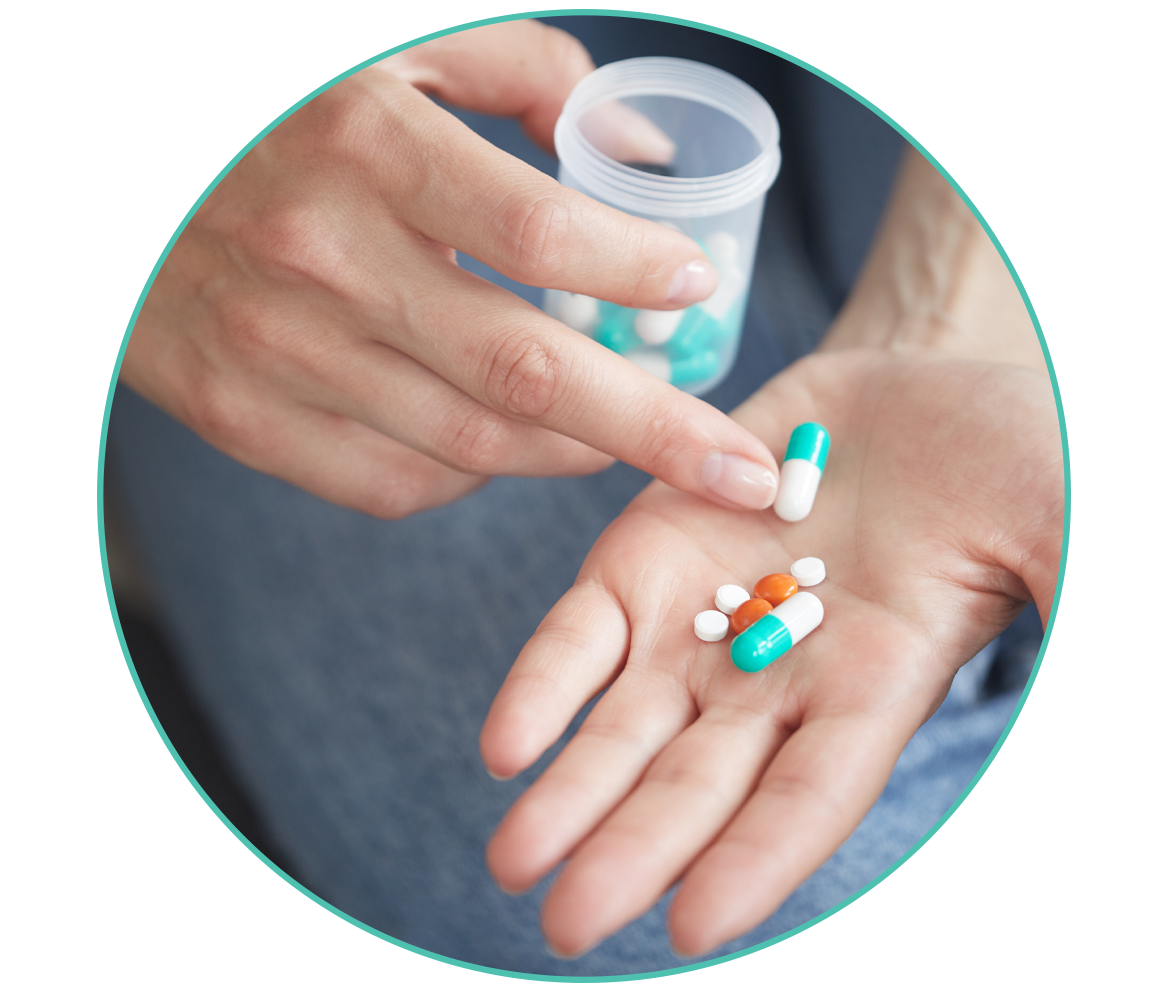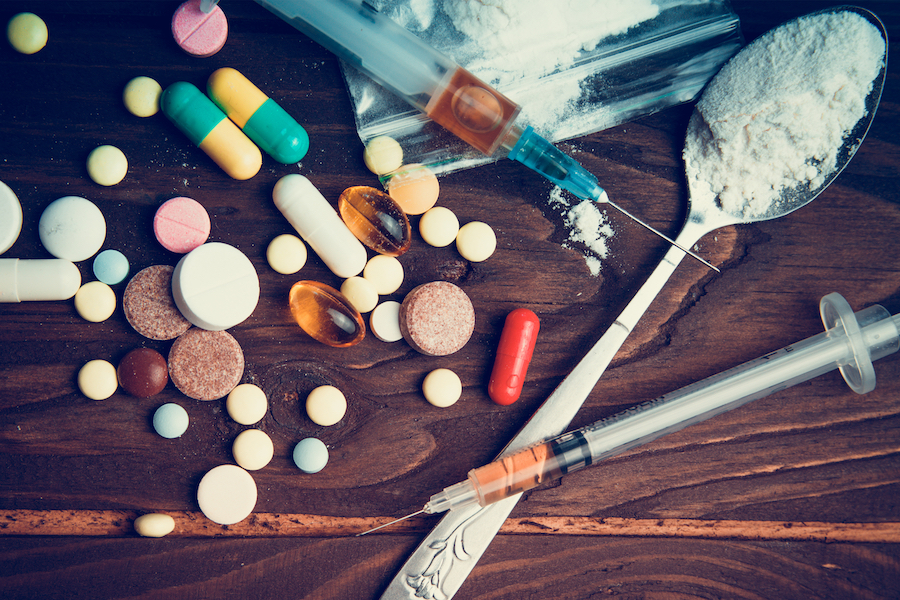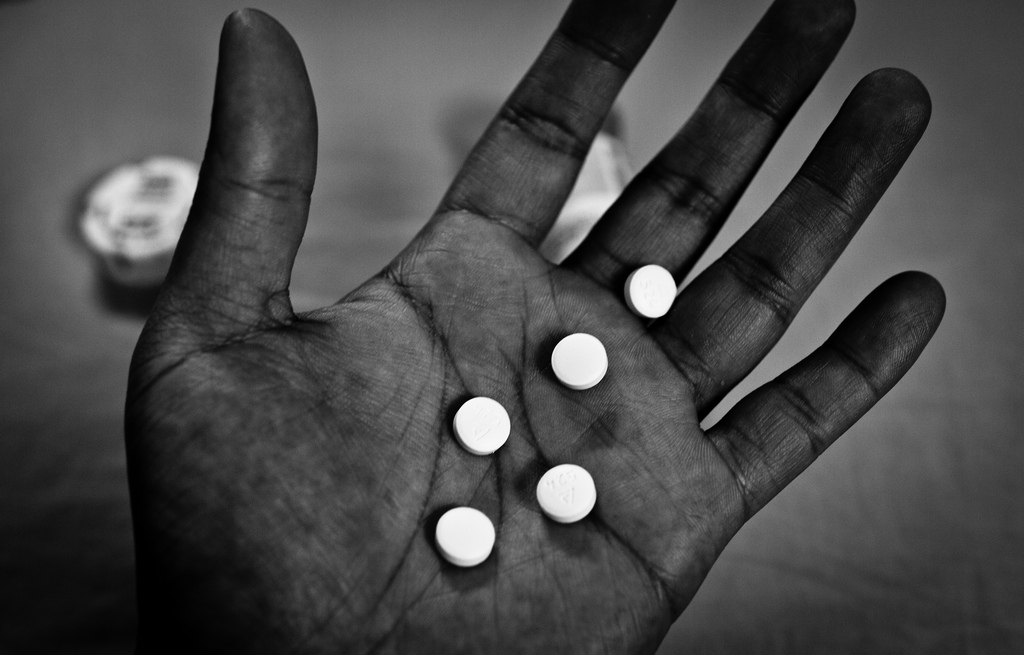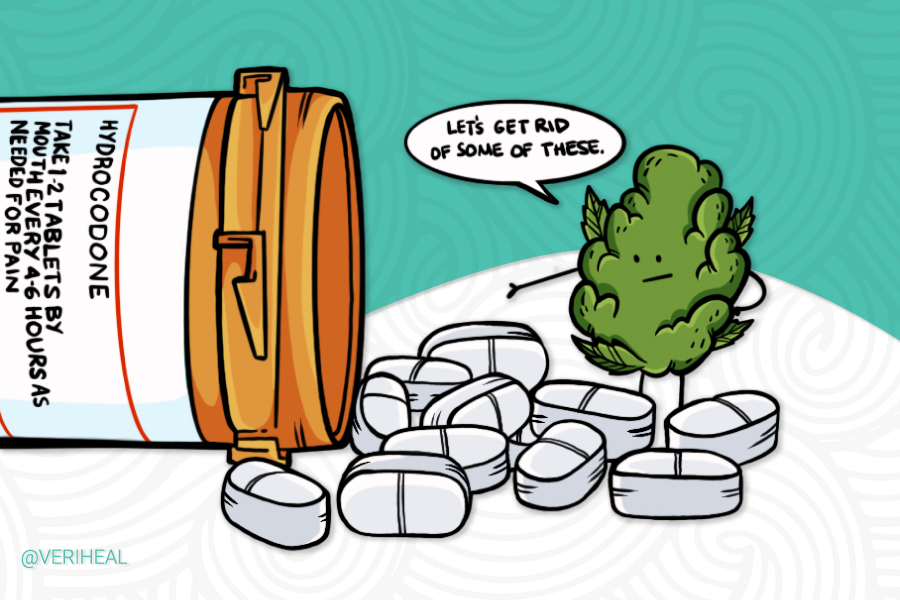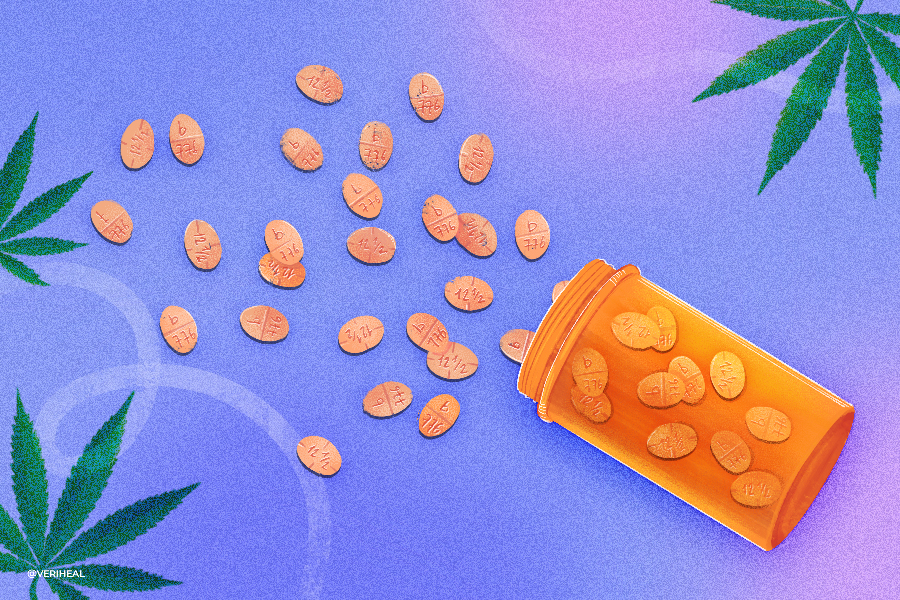 As a central nervous stimulant, amphetamines are a treatment for various conditions, including attention-deficit hyperactivity disorder (ADHD), narcolepsy, and obesity. However, the stimulant is often abused illegally by many individuals who suffer from an addiction disorder, a condition in which mood or mind-altering substances are consumed heavily regardless of the danger they could cause.
As a central nervous stimulant, amphetamines are a treatment for various conditions, including attention-deficit hyperactivity disorder (ADHD), narcolepsy, and obesity. However, the stimulant is often abused illegally by many individuals who suffer from an addiction disorder, a condition in which mood or mind-altering substances are consumed heavily regardless of the danger they could cause.
Understanding Amphetamine Addiction
The American Addiction Center reports prescription medications Adderall, Dexedrine, and Vyvanse are all central nervous stimulants that treat ADHD. These drugs have several side effects that many individuals purposefully seek out. For example, as far back as 2010, Time magazine reported on a University of Philadelphia study showing how Adderall and Ritalin were abused by academic students who would use them to better focus on their studies.
While students may use the drug orally and sporadically, individuals with addiction disorders cannot easily stop taking amphetamines. Even more, those with addiction disorders take the medication in various other ways, including snorting, smoking, and injecting it to get a faster high. The Drug Enforcement Administration (DEA) reports on black market amphetamines often labeled Crank, Ice, Speed, and Uppers. Prescribed or black market, amphetamines abuse is high, according to a 2015 National Survey on Drug Use and Health (NSDUH), which revealed 1.8% of the population 12 years old and higher abused the medication.
Though amphetamines initially offer quick energy and focus, they are at high risk for long-term dependence, which has many side effects. Less serious side effects include weight loss, insomnia, headache, and grave ones include heart problems, psychosis, and death.
The Effects of THC and CBD on Amphetamine Addiction
There are several reasons why THC and CBD could help alleviate amphetamine addiction. Cannabinoids can relieve anxiety and depression, two common symptoms associated with amphetamine addiction disorder.
A 2013 journal Neuroscience study showed that the use of cannabinoids in a medical form helped alleviate withdrawal symptoms for opiate and heroin-addicted individuals. Six years later, in 2019, concrete proof that treatment with CBD could be successful in cocaine and methamphetamine use addictions was published in the journal Molecules.
While admitting many more studies and trials need to be conducted, the journal reports that inflammatory properties of CBD could assist in liver and brain damage repair caused by amphetamine use. Several other studies as far back as 2004 in the Psychopharmacology journal suggest the possible and positive effects that both THC and CBD have on amphetamine-induced conditions. Some controversy remains around using medical cannabis to alleviate amphetamine addiction, with many saying one drug is replacing another. However, only time and more studies and trials will have to conclude if THC and CBD could help addiction problems.




